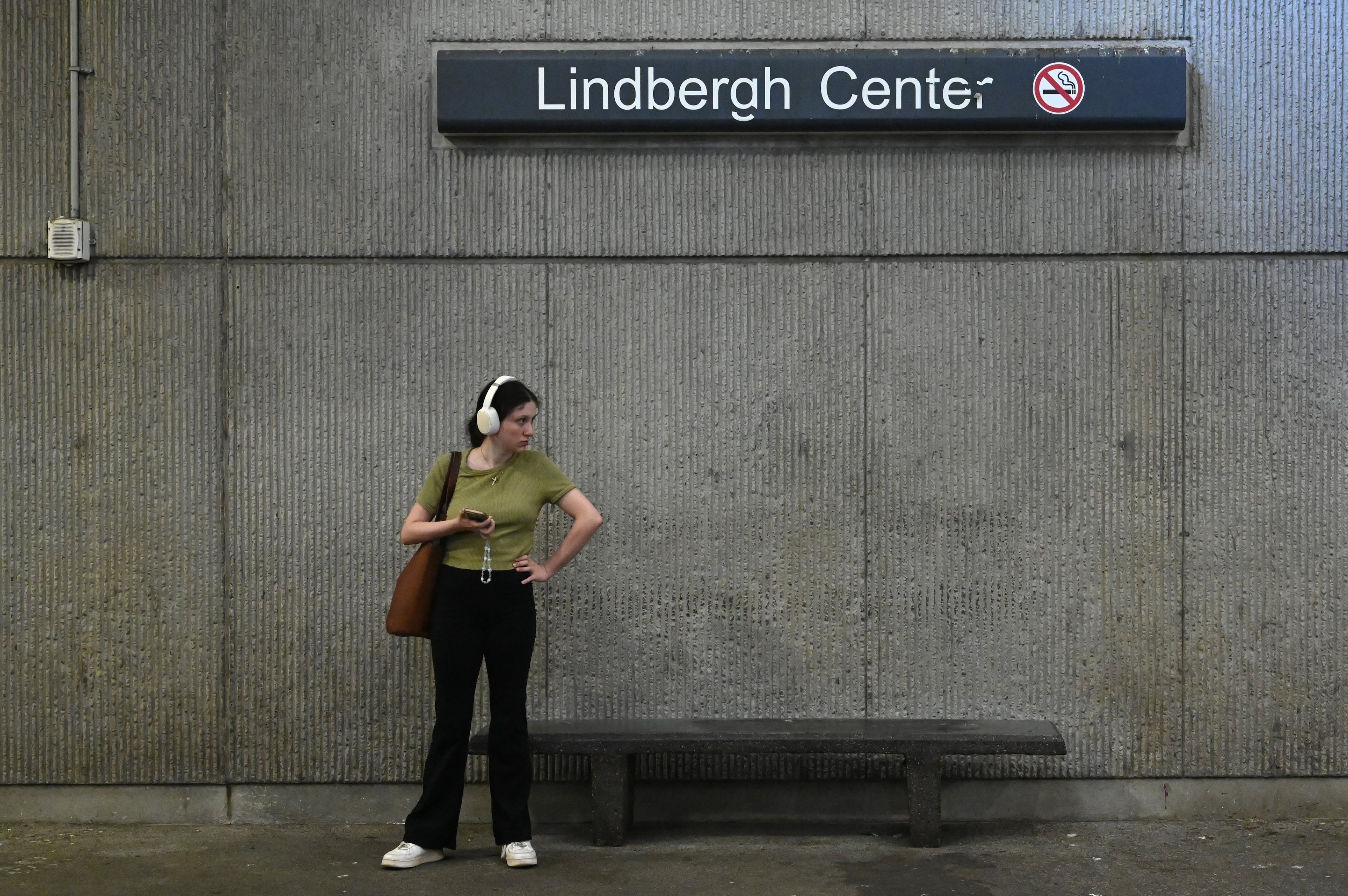Georgia men less healthy than women, study finds
A new report on health found that Georgia men are generally less healthy than women in the state, in part because they tend to seek medical care later and engage in higher risk behavior.
"Men don't take care of themselves as women do," said Commission Chairman Dr. Waldo Floyd III.
The Georgia Commission on Men's Health report found while there have been improvements, gaps among men "by race, health insurance status and place of residency persists. Men of color, uninsured men and men living in rural areas still have poorer outcomes and report poorer health than their white, insured and urban dwelling counterparts."
The report, "2009 Men's Health Report: A Comprehensive Look at the Status of Men's Health in Georgia," found that behavioral and lifestyle patterns are the biggest cause of early deaths.
The leading causes of death for Georgia men are heart disease, stroke and cancer, which account for more than half of all deaths. Motor vehicle crashes, murder and suicides are the primary cases of death in younger men.
Floyd, a Macon orthopedic surgeon, said the commission wants to increase awareness about the threats to men's health and the importance of taking preventive steps such as health screenings.
"This is a starting point," he said. "To admit you have a problem is step one."
Among other findings:
- More Georgia men are living beyond age 60, but on average live five years less than women and have lower average life expectancies than men living in other states.
- Black men in Georgia die of diabetes at a rate that is twice that of white men.
- Lung cancer is the leading cause of cancer deaths in men.

